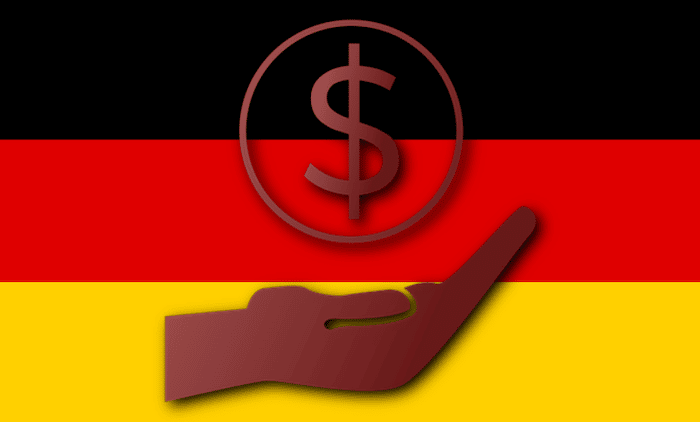Aircraft manufacturer: Boeing’s CEO jumps off – and lands softly
[ad_1]
He was the man who Boeing should get back on track. Now Dave Calhoun has announced his retirement. The CEO’s departure, which he announced in a letter to employees on Monday, would take place at the end of this year, comes three months after an incident in which part of the fuselage of a 737 Max fell out during flight. Since then, more and more quality defects and grievances have come to light at the traditional company. In an investigation of the production process by the US aviation regulator FAA, Boeing failed in 33 of 89 cases. A whistleblower who had been drawing attention to deficiencies for years took his own life in early March.
In addition to Calhoun, Chairman of the Supervisory Board Larry Kellner and the head of the commercial aviation division will also resign from their positions. When Calhoun took over as CEO in 2020, the American industrial icon was in a crisis that was considered at the time to be the most serious in the company’s more than 100-year history. Within a few months, two recently delivered Boeing 737 Max 8 Calhoun aircraft crashed, killing 346 people. The FAA issued a flight ban and all around the main factory in Everett on the northwest coast of the USA, completed 737 Max cars were parked for months and were not allowed to be delivered.
At the time, Calhoun promised to thoroughly reform Boeing. He said all the right things, like safety being the top priority. But apparently the grievances that led to the quality problems and ultimately to the fatal crashes in 2018 and 2019 remained. It is significant for Boeing’s leadership that Calhoun was chosen at the time. It is a management culture that has moved away from the former focus on innovation and engineering and is instead primarily focused on maximizing profits for shareholders.
Calhoun was the perfect candidate in this regard. He previously worked for Blackstone, a New York private equity firm. The business model of these company buyers, known in Wall Street jargon as private equity, boils down to taking over companies on credit and then using clever financial mechanisms to extract profits for investors. As the debt burden grows, the risk of failure of companies acquired by private equity increases, among other things.
In her much discussed book Private Equity at Work Economists Eileen Appelbaum and Rosemary Blatt analyzed what happens to companies that are bought up by such financial firms. They cite, among other things, studies that show that companies owned by private equity go bankrupt more often than listed companies. However, things read much friendlier on Boeing’s website. “During his time at the investment firm, he focused on creating and driving value-added initiatives with the CEOs of Blackstone’s portfolio companies,” it said.
Calhoun earned 150 times what manufacturing workers did
If you go even further back in Calhoun’s career, you’ll come across General Electric, GE for short. He had a career there for 26 years. Like Boeing, GE, founded by inventor legend Thomas Edison among others, was once an icon of US industry. The conglomerate was said to produce everything from nuclear power plants to light bulbs. In the 1980s – when Calhoun was also climbing the career ladder there – GE was ruled by the as Superstar in pinstripes celebrated CEO Jack Welch. He followed the shareholder value doctrine, which had first emerged in academic circles at the University of Chicago. This is what the future Nobel Prize winner explained
Milton Friedmanwho taught there that there is only one social responsibility for companies, namely theirs Using resources to increase profits for shareholders.
Welch was among those who most eagerly put the teachings into practice. After becoming head of General Electric in 1981, he fired over 100,000 employees. This earned him the nickname “Neutron Jack”: As with the bomb, the offices and factory buildings remained standing, only the people “disappeared”. Welch and his fellow managers so frequently used financial market transactions to drive up the stock price that GE was derided on Wall Street as a “hedge fund with an electronics store attached.” During the financial crisis, GE’s bloated financial division was doomed, and there was even a threat of insolvency in the short term. GE was gradually broken up under Welch’s successors.
For his alleged successes in restructuring Boeing, Calhoun was generously compensated by his colleagues on the board. During his first three years as CEO, he received an average of $22 million in annual compensation. Calhoun received 150 times as much as a Boeing production employee earns per year. The reason for the CEO’s high compensation is that they ultimately bear responsibility for the company’s success. But in most cases, even failed managers cash in big. It’s called a golden parachute. This also unfolds for Calhoun: When he says goodbye, he will receive another $14.9 million.
[ad_2]
Source link



